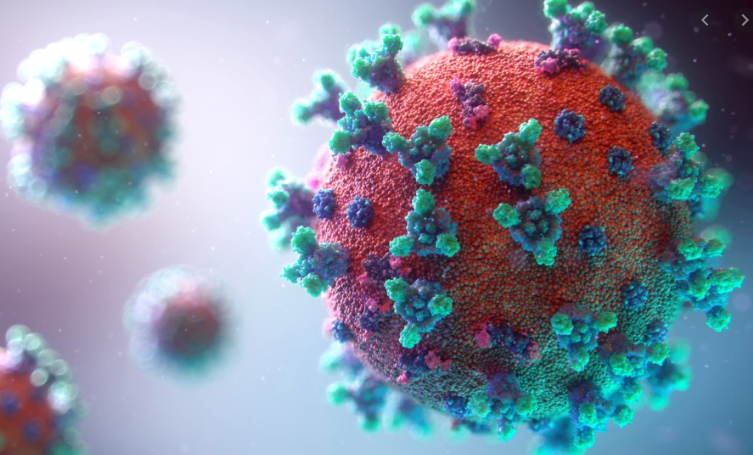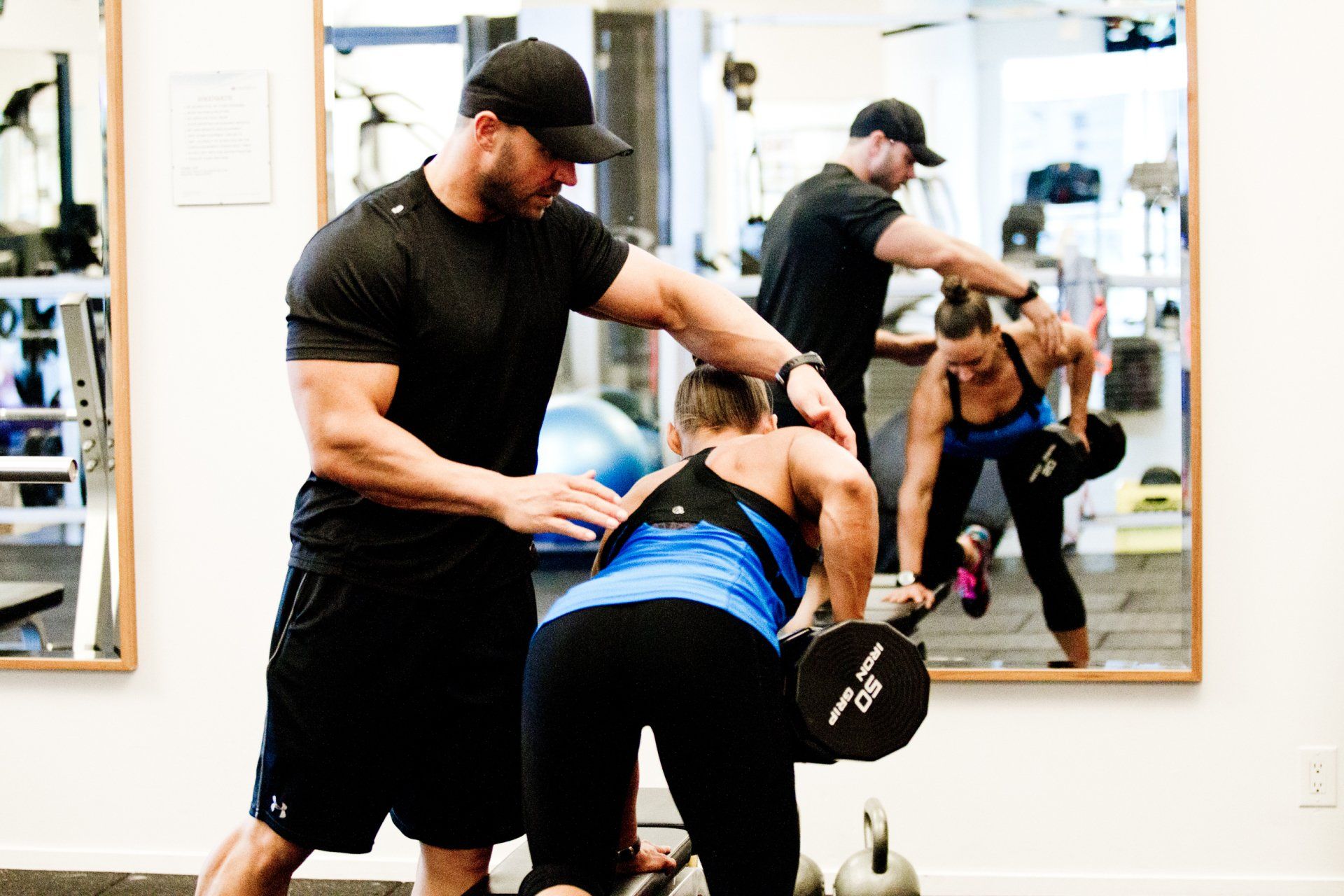Dedicated to your good health
Your well-being depends on your good health. My job is to ensure that your body is at its very best.
My goal is to enable you to move freely and without pain. I have 25 years experience in related fields and advanced training.
Contact Us
About me
I strive to improve your quality of life
I am here to help my clients understand proper movement, nutrition and recovery. How it is the essential parts of longevity and a high quality of life.
With over 25 years training experience in the fitness industry, I'm here to guide you in creating a body that will allow you to live life to it's fullest.
Satisfied Clients

“Pieter provided great analysis, knowledge, and instruction. Most importantly, he helped me get back on my feet in less time than expected. ”
Jane Faber, Vancouver

“After two years of treatment following a car accident, I had lost hope that I would ever be free of pain. I came to Pieter and everything changed.”
John Smith, Vancouver

“Pieter is a real credit to his profession. He is helpful, caring, and found solutions for a variety of challenges. Thank you so much for your training.”
Madelaine Taylor, Vancouver
Looking for a Trainer?Book a free consultation
My
Tips
Advice, recommendations, information

There’s been a lot of new information these days about the Gut microbiome and the importance of maintaining a proper balance of bacteria. The human gut is often referred to as the "second brain," and for good reason. A growing body of research is showing that there's a complex connection between the gut and the brain, known as the gut-brain axis. The gut-brain axis is a two-way communication system that connects the central nervous system (CNS) to the enteric nervous system (ENS), which is a network of nerves in the gut. As a matter of fact, there are more signals going from the gut to the brain then there are going from the brain to the gut. The gut-brain connection plays a crucial role in our overall health and well-being. The gut is home to trillions of bacteria (gut microbiome) which are essential to our health. The gut microbiome influences a wide range of processes, including but not limited to digestion, metabolism, and immune function. It also has a significant impact on the brain and behavior through the release of neurotransmitters and other signaling molecules that communicate with the brain. One of the primary ways the gut microbiome affects the brain is through the release of neurotransmitters. For example, 95% of the body's serotonin, which is a neurotransmitter that regulates mood, is produced in the gut. Similarly, the gut microbiome also produces other neurotransmitters, such as dopamine and norepinephrine, which are involved in regulating mood, motivation, and attention. The importance of these interactions is hard to overstate. Another way the gut microbiome affects the brain is through the release of cytokines, which are signaling molecules that regulate inflammation. Inflammation in the gut can lead to changes in the gut microbiome, which in turn can impact the brain and behavior. This can contribute to a range of conditions, including depression, anxiety, and many other mental health issues. Chronic stress can also have a profound impact on the microbiome that can disrupt the delicate balance of the gut microbiome and lead to systemic inflammation. To maintain this balance, it's essential to adopt a healthy lifestyle that includes a balanced diet, regular exercise, and stress management. A diet that's high in fiber, fermented foods, and probiotics can help support the growth of healthy gut bacteria. Eating a varied diet that includes a wide range of whole, unprocessed foods can also help maintain the balance of the gut microbiome and support overall health. Exercise is another important factor in maintaining gut health. Physical activity has been shown to improve gut health by reducing inflammation, promoting the growth of beneficial gut bacteria, and supporting the gut-brain connection. Regular exercise can also help reduce stress, which is essential for maintaining gut health. Finally, stress management is an important aspect of maintaining gut health. Chronic stress can have a profound impact on the gut microbiome, leading to changes in the types and numbers of bacteria present. Engaging in stress-reducing activities, such as mindfulness meditation and yoga can help reduce stress levels and support gut health. The science behind the gut-brain connection is very complex. It's clear, however, that the gut microbiome plays a crucial role in our overall health and well-being, impacting the brain and behavior through the release of neurotransmitters, cytokines, and other signaling molecules. In summary: In order to improve systemic Inflammation, depression, anxiety, mental focus, motivation, mood regulation etc. Adopt a lifestyle that prioritize stress management, regular exercise, a nutrition plan based on eating whole foods, fermented foods and a high fiber intake. Supplement with probiotics and where possible avoid medications like anti-biotics that will severely disrupt that bacteria balance in the gut microbiome.

I get many people asking about what is okay to do when you're pregnant and the answer is simpler then you might think. Over my 25 years of Personal Training I've trained many woman through pregnancy safely and effectively and a common thing I see is that woman approach their training as if they are disabled or seriously injured. Intensity drops drastically because they are nervous about doing the wrong thing....and rightfully so. The last thing you want to do in the gym is put yourself or your baby at risk. This article is to help you understand what you should avoid and at what point in your pregnancy. Firstly let me say that comfort is always the priority. and with "Comfort" i don't mean with the exercises you are doing. If you feel uncomfortable doing something you should rethink that particular movement and modify it or swap it out for something similar that feel more comfortable. This doesn't refer to the discomfort you might feel when the muscles being worked are burning, or when your heart rate starts going up during cardio....I'm referring to discomfort in joint, abdomen or just not feel good in a certain position. The main thing is to remember that this is time to focus on making the delivery easier...NOT to get into shape. It helps SO much to be in shape (fit and at a healthy body weight) when you get pregnant so that it helps with the amount of weight you gain during the pregnancy and also the recovery after the delivery. The workouts serve to reduce your overall stress and help with weight management. Guidelines to keep in mind during each trimesters. First Trimester: Training can go on as usual for the most part until you start showing and the bump gets in the way. Intensity should be kept at a moderate level (6-7 out of 10). Intensity is not bad, but you have to keep in mind your blood pressure and heart rate during your workouts. Short bouts of moderate intensity is fine, but make sure you allow yourself enough rest between bouts to recover fully. These spikes in intensity is good but don't exceed the 7 out of 10. It will be beneficial to work some relaxation work into your routine. Light stretching and breathing exercises like meditation to reduce stress in general. Second trimester: Now that you are starting to show you should avoid any movements / exercises that will put pressure on your abdomen. Like crunches, planks or just lying on your stomach. Also avoid lying on your right side for extended periods. The fetus can roll onto the artery that carries blood to it and create problems with blood flow. During this time and until delivery, limit the intensity and amount of stretching you're doing. Due to hormone changes your tendons and ligaments will relax and stretching in this state can cause you to over stretch and strain joints. Light stretching as a warm up is fine, but stretching should't be the priority. Third Trimester: During this time it becomes more important to keep active, but here the intensity has to be reduced further (5 out of 10). It is better to do shorter workouts more often then longer workouts. Very little stretching and keep away from anything that is difficult to do. Comfort during movement is paramount. These a general guidelines and will not fit everyone's situation. You should always advise and discuss your training with your doctor before engaging in any training regimen.





